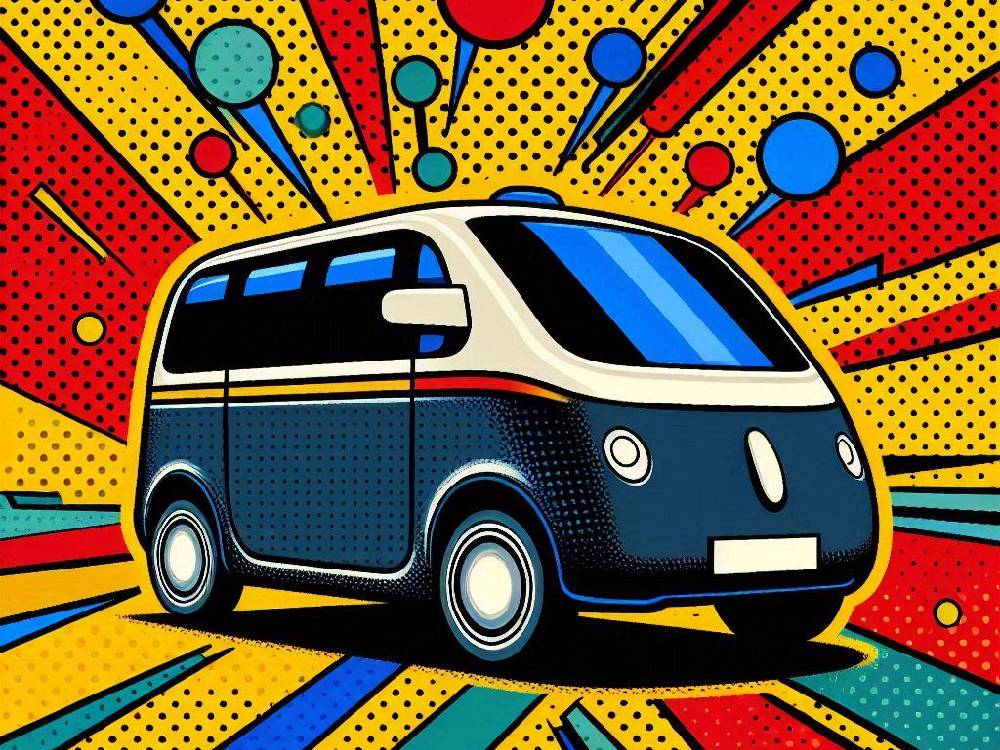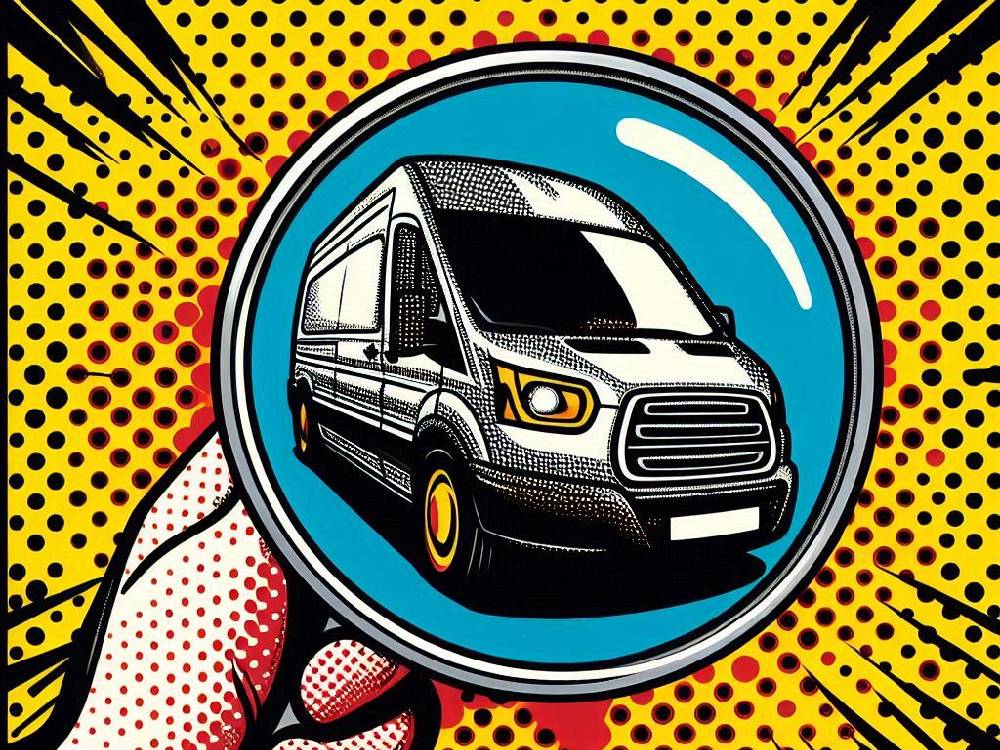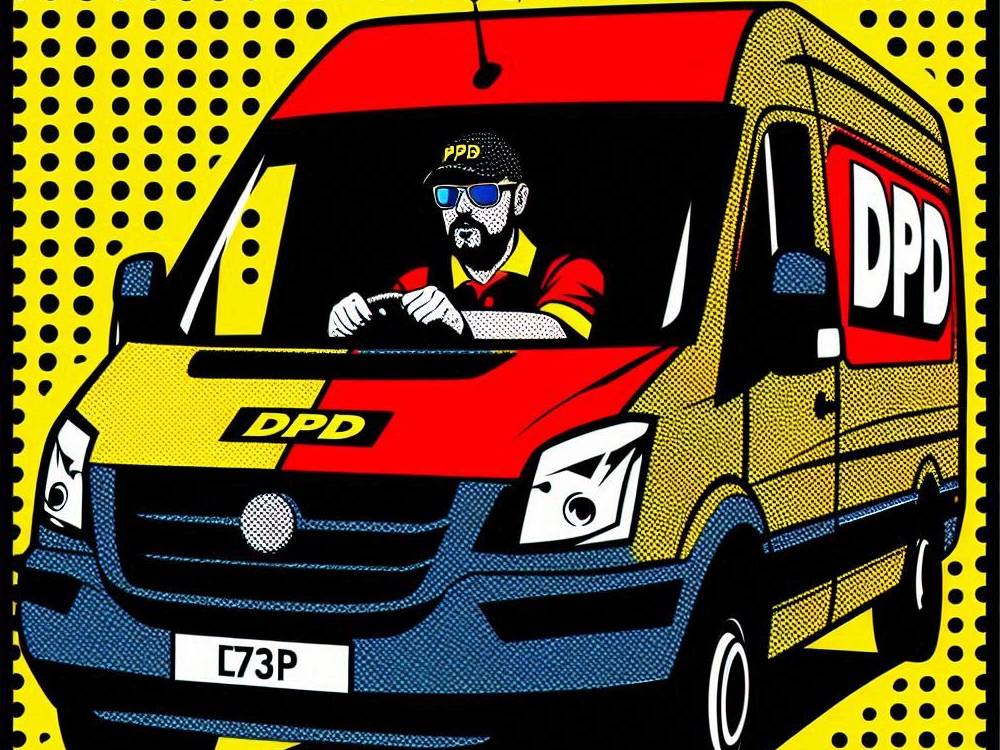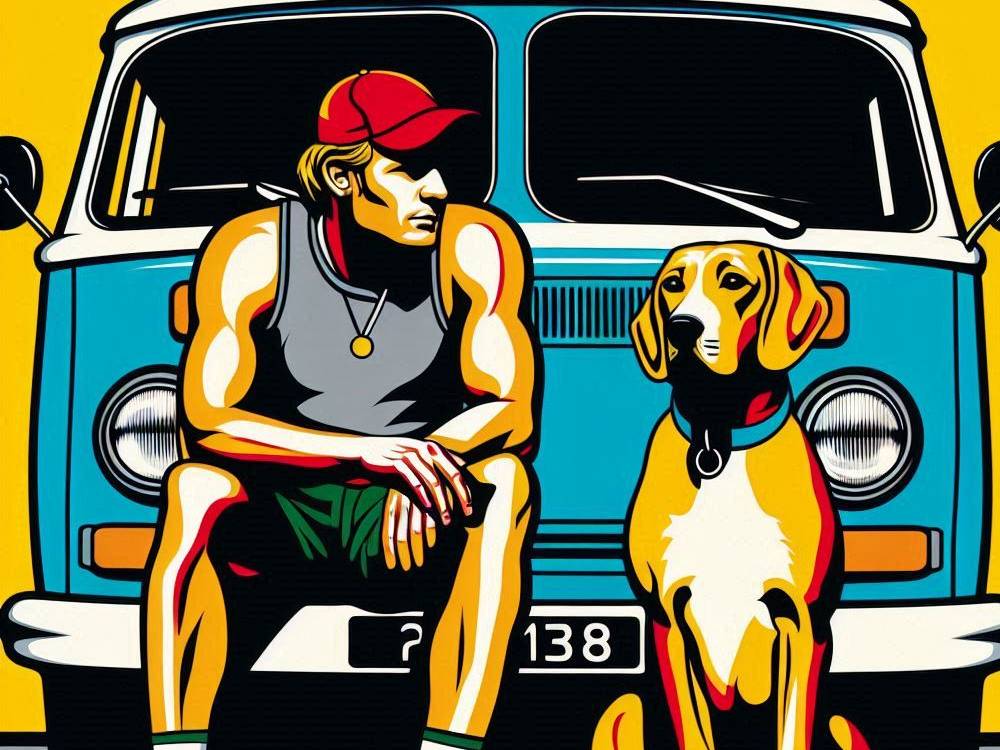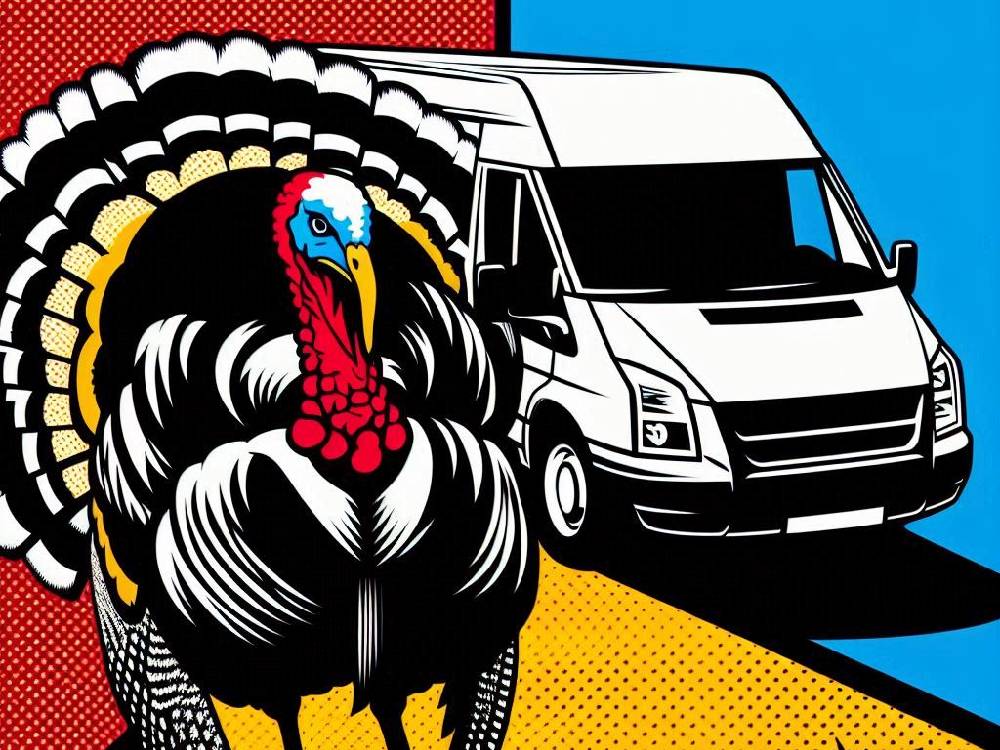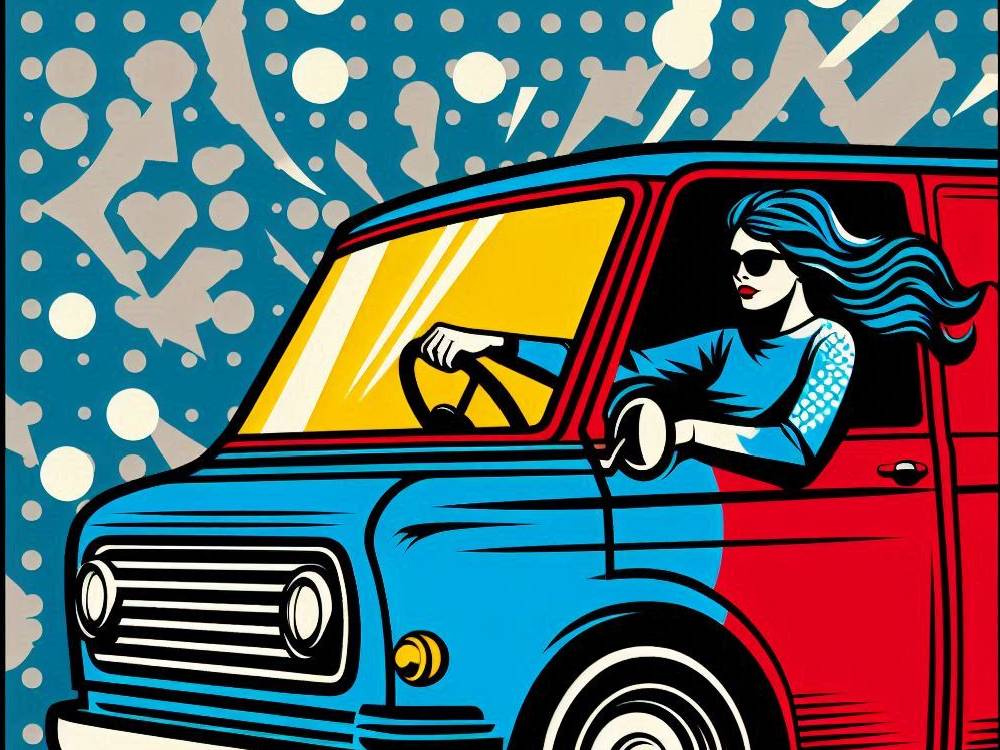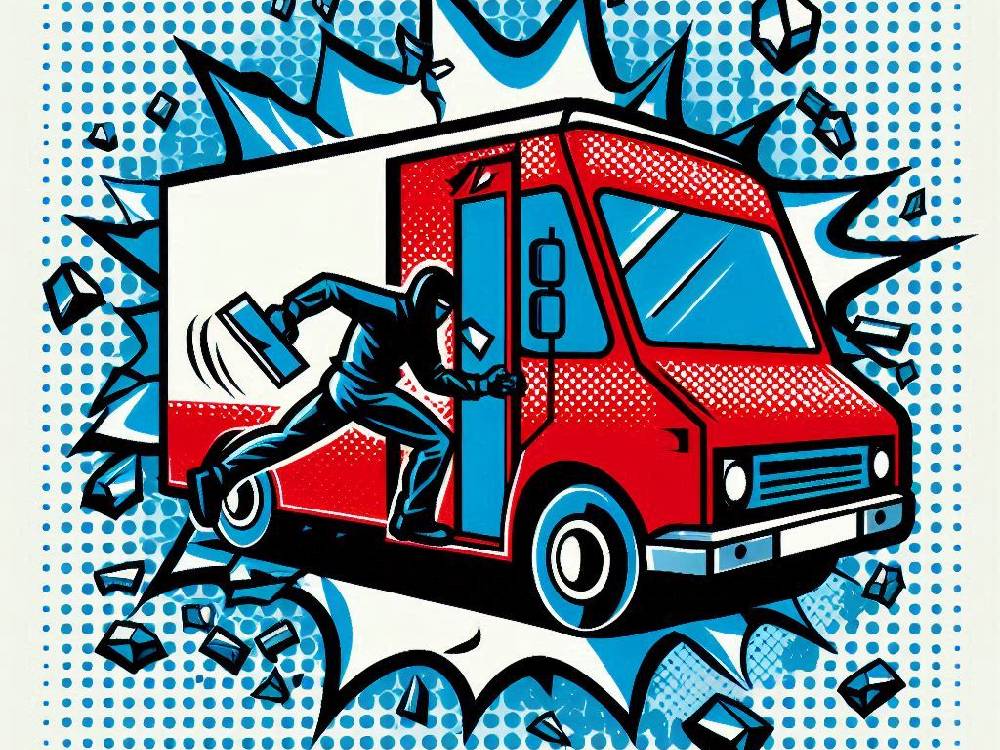You may have heard the recent rumors of the latest government plans surrounding driverless cars.
If you haven’t, allow us to help:
The UK plans to legalise driverless cars later this year.
However, there are some people out there who fear this could bring a whole range of additional headaches.
While some people feel that this move aims to keep drivers safer out there.
others feel it could be distracting.
The government believes road safety could be improved by a reduction in human error,
which causes over 85% of road accidents.
However, necessary training will need to be deployed for anyone considering using self-driving vehicles,
which could bring about a busier workload to some industries.
At the moment, there are only plans for driverless cars to allow assistance for speeds that go up to 37 miles per hour,
and on motorways.
However, just like with cruise control options on some motors,
handing over control to your vehicle doesn’t mean you will be free to do something else.
The same laws apply,
so you can’t use your mobile phone (unless hands-free),
or start eating that KFC you just picked up from Peterborough services.
Should the requirement be there, drivers will need to be able to take control of their vans immediately.
At the moment, we are waiting for changes to the Highway Code,
and other laws to come into place before any of this can happen.
Others say vigorous testing needs to happen before allowing these plans to come to fruition, too.
Some argue that self-driving vehicles aren’t always the safest options, as a recent Tesla crash has shown.
So, should we allow technology to fully take control of our wheels?
How do you think it might affect your industry?
If you drive a van for your job, you might welcome this information.
On the other hand, do you feel autonomous vans might be a step too far?
Let us know your thoughts!
For us, vans with drivers, or without, we’re concerned with giving you the best deals.
So, you can bet that we’ve got you covered with the cheapest van insurance deals around.

